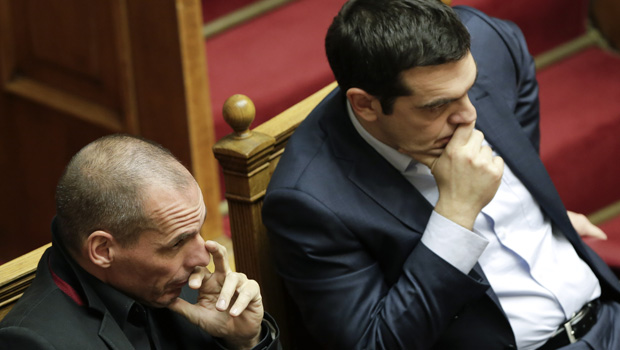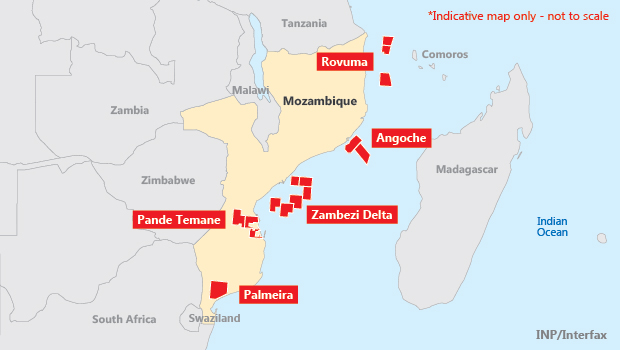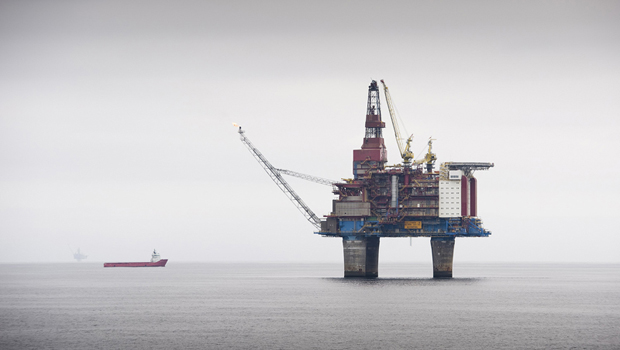Greek euro exit may endanger energy projects
 Greek Finance Minister Yanis Varoufakis and Prime Minister Alexis Tsipras are trying to loosen the bailout programme. (PA)
Greek Finance Minister Yanis Varoufakis and Prime Minister Alexis Tsipras are trying to loosen the bailout programme. (PA)
The eurozone’s finance ministers met in Brussels this week to try to reach an agreement on how to restructure Greece’s massive debt burden, which stands at €321 billion ($365 billion), or 170% of the country’s GDP. However, no agreement had been reached by the time of publication.
The new anti-austerity government in Athens – led by the radical left party Syriza – is trying to cut itself loose from the existing bailout programme, which was initiated in 2010 by the ‘troika’ – the International Monetary Fund, the European Central Bank and the European Commission.
The bailout programme expires on 28 February, and there are growing concerns Greece will exit the eurozone if a compromise on debt restructuring is not reached soon.
A Greek exit would mean a return to a national currency, possibly the drachma. Under this scenario, there would be massive consequences for the country’s investment climate, with soaring costs for project financing and imports of foreign goods – including gas.
A number of key infrastructure projects are planned in Greece. Although several of these have been approved by the commission as Projects of Common Interest (PCIs), they also rely on private funding. Therefore, some observers fear these projects will be put on hold or even shelved if a ‘Grexit’ from the single currency becomes a reality.
“I am one of the few optimists – I think a last-minute deal will be reached over Greece’s debt restructuring,” Constantine Levoyannis, a Brussels-based senior consultant with FTI Consulting, told Interfax. “An exit from the eurozone – however unlikely – would of course have huge repercussions for the energy sector. Interest rates on loans would soar, thus jeopardising the financing of planned infrastructure projects including PCI projects.”
Anastasios Giamouridis, a Greece expert at Pöyry Management Consulting, agreed that local projects could suffer if Greece returns to its own currency.
“For local energy infrastructure projects you would have creditworthiness issues, making it hard for Greek firms to raise capital. These problems would eventually ease, but it would take time,” Giamouridis told Interfax.
A devaluation of the drachma would also make foreign imports very expensive for local companies in Greece, he added.
“That also goes for LNG and gas imports denominated in dollars. Energy suppliers could also demand prepayment, which would pose real problems for local companies with low liquidity,” said Giamouridis.
PCI gas projects in Greece
- Aegean LNG import terminal
- Alexandroupolis Independent Natural Gas System
- South Kavala storage
- Permanent reverse flow at Greek-Bulgarian border (Kula-Sidirokastro)
- Interconnection Greece-Bulgaria (IGB) between Komotini and Stara Zagora
- Pipeline from offshore Cyprus to Greek mainland via Crete
- Gas pipeline from Greece to Italy via Adriatic (currently known as the Interconnector Turkey-Greece-Italy)
- Gas pipeline from the EU to Turkmenistan via Turkey, Georgia, Azerbaijan and the Caspian (currently known as the combination of the Trans-Anatolian Gas Pipeline, the expansion of the South-Caucasus pipeline and the Trans-Caspian Gas Pipeline)
String of projects
One of the many energy projects launched in Greece is the ‘vertical gas corridor’, an interconnector between Greece, Bulgaria and Romania. The project is seen as a response to the cancellation of the South Stream pipeline, which would have carried Russian gas to southeast Europe as well as Austria and perhaps Italy.
The project has backing from the commission. EU funding through the Connecting Europe Facility and/or the €315 billion investment package announced by commission President Jean-Claude Juncker is a possibility, even if Greece left the eurozone.
Strategic position
However, Greece’s importance in terms of energy security has become even more crucial following Russia’s announcement of its planned Turkish Stream pipeline. The new plan would see Russian gas being shipped to the Turkish-Greek border from 2019, bypassing Ukraine.
Greece is also a transit country for the Trans-Adriatic Pipeline, and its growing importance for energy security has not gone unnoticed by Washington. The United States is putting pressure on the EU and Greece to find a compromise regarding the debt talks.
“Greece’s geostrategic position has become increasingly important in terms of energy, an element that the US in particular values highly,” Levoyannis said.
“The geostrategic element may play a role in facilitating a compromise solution between Greece and the other member states. The EU and Greece are increasingly under pressure to reach a deal to end speculation regarding Greece’s position in the eurozone.”
Nevertheless, fears a withdrawal from the eurozone would degrade the investment climate in Greece seem legitimate. The big question now is whether a last-minute deal on debt restructuring can be reached. The EU says it wants a continuation of the bailout programme, whereas the Greek government wants a new deal that its electorate can accept.
“I have no doubt that there is going to be an agreement in the end. An agreement that will be therapeutic for Greece and good for Europe,” Greek Finance Minister Yanis Varoufakis told a press conference in Brussels on 16 February.









